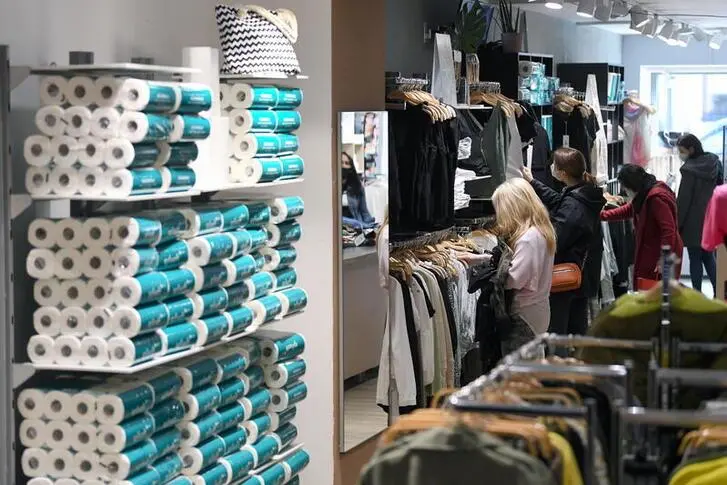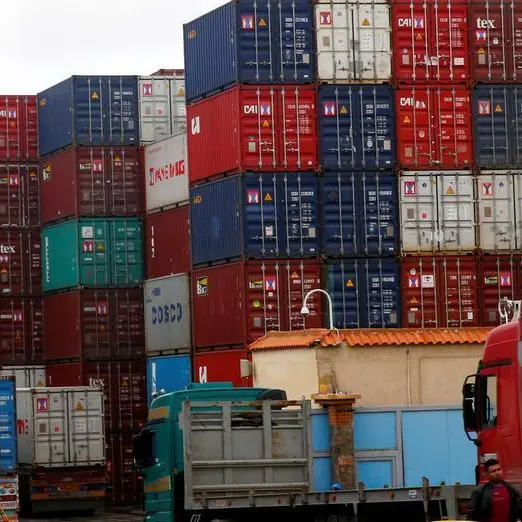PHOTO
LONDON - The announcement by 30 retailers coincides with COP27 climate talks taking place in Egypt until the end of this week to seek to step up ambition on curbing global warming.
Fashion accounts for about 10% of all greenhouse gas emissions, World Bank figures show.
Global emissions have continued to increase even as temperatures this year reached record levels.
A U.N. report in October showed emissions were likely to rise 10.6% by 2030 from 2010 levels.
Retailers agreed to purchase 550,000 tonnes of alternative fibres - made from waste textiles and agricultural residues instead of forest fibres - which will prevent the release of around 2.2 million tonnes of greenhouse gas emissions, NGO Canopy, which convened the group, said.
Over 3.2 billion trees are cut down each year to produce fibre for packaging and clothing. Moving to low carbon alternatives could help the industry to avoid almost a giga tonne of CO2 emissions between now and 2030, Canopy said.
"This is about to kickstart the transition from a millennia of extractive supply chains, the logging of trees into pulp and the manufacturing of clothing from viscose [before they end up in] landfill," Canopy founder Nicole Rycroft said.
Lower carbon fibres make up a tiny fraction of the 7.5 million tonnes of man-made fibres produced each year, which Rycroft said was in part because of the challenge of accessing finance to scale new technologies.
The agreement will help to unlock finance for 10-20 low footprint pulp mills to produce these alternative fibres by securing offtake aggrements from retailers, Canopy said.
Inditex has committed to using 100% sustainable cellulosic fibres by 2023. M&S aims to source 100% green rated man-made cellulosic fibres by 2025.
(Reporting by Virginia Furness; Editing by Matt Scuffham and Barbara Lewis)





















